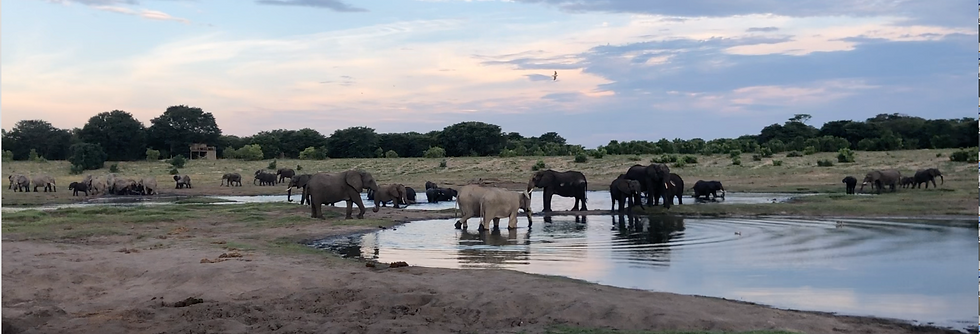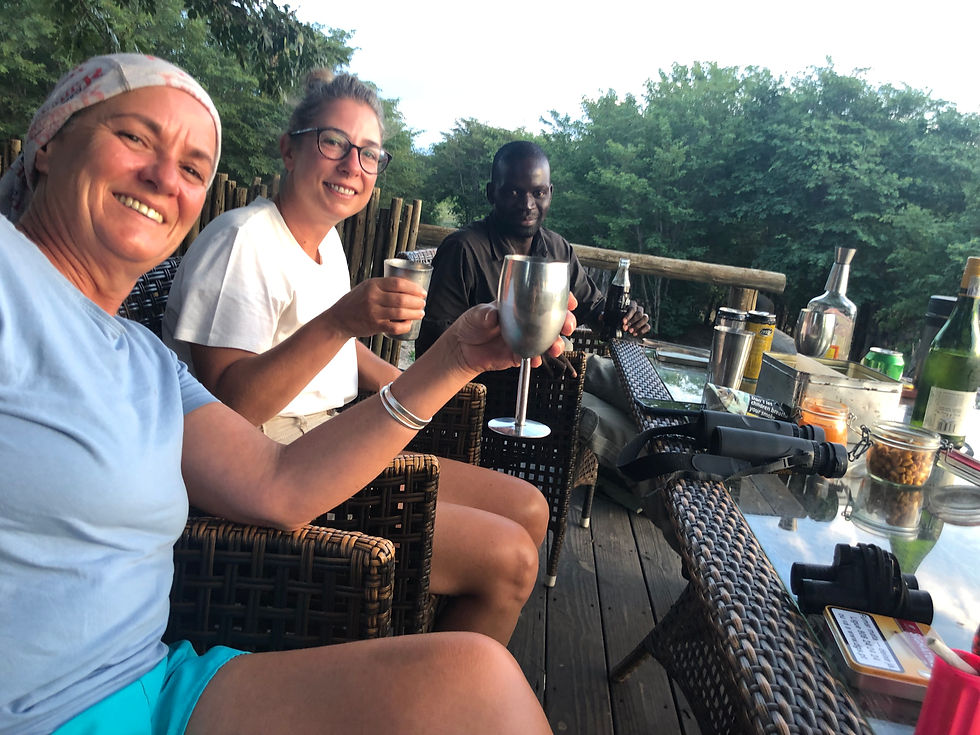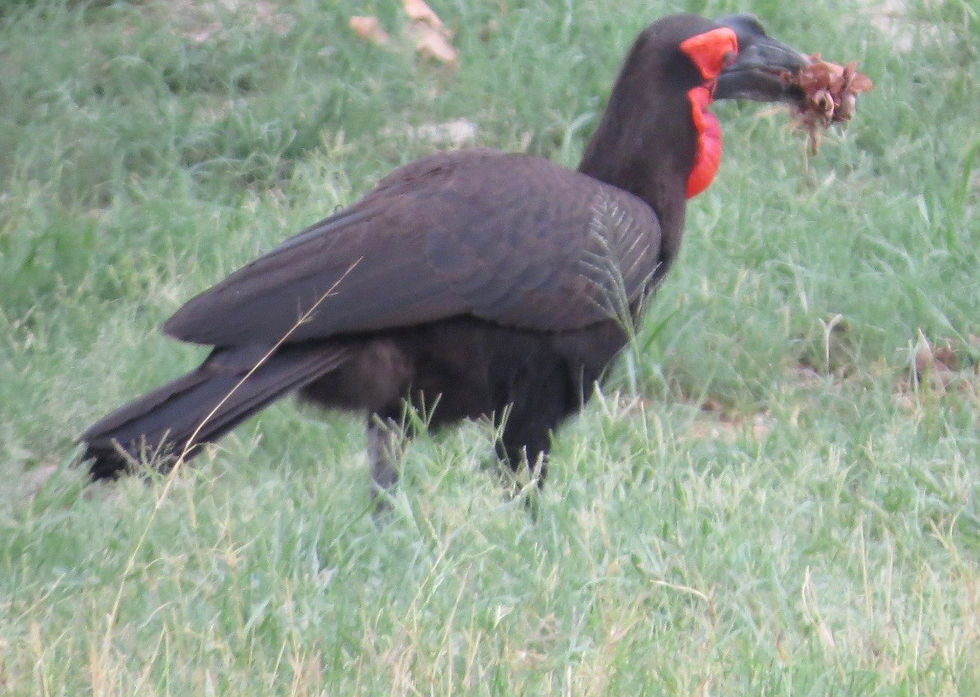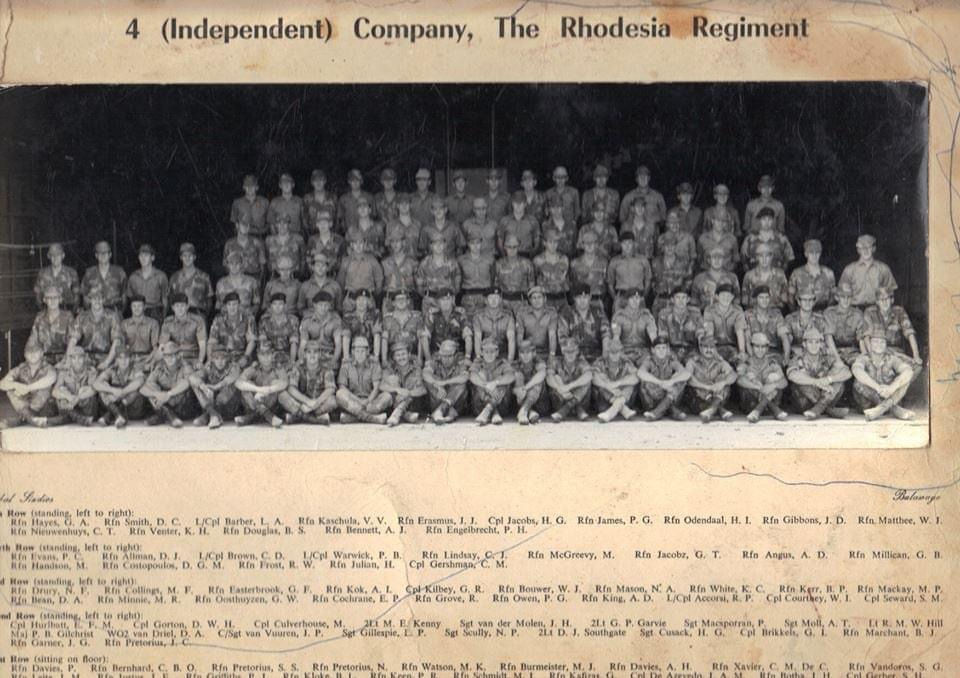
I open this week by recording my admiration for how well my mother-in-law Shirley is doing in her personal battle. She decided she was strong enough to combat her alcohol addiction on her own, no counselling or support group, much to my scepticism on her winning. This personal battle is a lifelong battle, but to date, Shirley, “has held the fort” so to speak on her own. It is now six months since a weak and frail elderly, alcoholic lady went into the aged home at Nazareth House. Since then, she has regained some of her former self including her feistiness along with a newfound interest in life while looking and feeling a lot healthier. She has lunch out at least once a week along with weekly bridge sessions with old farming neighbours. These, she had long given up on. It is not easy being old in a country on your own far from family especially with a diminishing number of friends. On our final farewell visit on Saturday, both Rozanne and her mum put on a brave face trying to keep the tears hidden from one another before we left for Portugal the next day. Both are extremely stoic by nature. Shirley has been fighting her demons while Rozanne cheerfully dealt with my illness, no doubt also my moods over the past year. Both disguise their inner feelings, although when observed closely, a discreet tear can be seen under the stoic veneer on rare occasions. Good luck Shirley.
“You are never too old to regain the respect of friends and family. If they are true, they will admire your efforts and offer support where it did not exist when you were in a “woe is me” or “self destruct” mode. Contrary to belief on rare occasions, people can change, even if it is out of character.” - Peter McSporran
Now from a positive tale of hope to a negative bureaucratic debacle. That is a mild description! We finally managed to get on an aeroplane on Sunday, the three of us on the same Comair and Lufthansa flights via Johannesburg to Frankfurt where Storm took a separate flight to London. As a non-resident Storm was unable to fly to Portugal for Christmas as planned. Meanwhile, Rozanne and I flew to Lisbon, our original departure point. To get home Storm had to buy a new ticket to London. Yes, the full fare from Harare via Johannesburg to Frankfurt onto London, the only actual change being the last leg. Would British Airways swap the Frankfurt, Lisbon leg to London? No, buy a new ticket for the whole journey! You would think they would lend some flexibility for their passengers during Covid-19. Corporates have no hearts, just procedures and computer terminals.

So we purchased a ticket, which could only be used once a Passenger Locator Form (PLF) was completed and accepted, which in turn could only be completed once a quarantine hotel room was booked. The first bit of disgruntlement but at least we were happy to be going home. For Storm little did we know, our problems were about to start. Storm had to have a quarantine hotel room booked before departure, she also had to have a flight and seat number. From Friday through Saturday, time after time she repeatedly tried to get a booking in a designated hotel, either being told the quarantine hotels were fully booked or finding her payments by card rejected. Each time a payment was rejected, the whole process had to start again. Very stressful as the clock was ticking towards our departure hour. We discovered that all our friends with family returning from Southern Africa were having huge problems getting a room and paying for it. After each rejection, you had to wait for room availability. Do you think you could, in this modern age telephone someone who could assist? No. What does the digital illiterate do? Aaaaargh. Eventually, after using a bouquet of cards, her fiancé was able to pay from the UK. A new problem arose as his first payment was rejected, it was considered fraudulent by the bank???? Back at it again after clearing the next payment with the bank as being kosher. Finally, after a call to his bank and another room allocated, he managed to pay, only to find his first payment had actually gone through. Finally, Storm could fill in the complicated UK PLF. The Portuguese one is simple in comparison.
Flights went well, we arrived in Portugal, the airport procedures in Lisbon were a breeze with us not encountering any queues on arrival, the same in Frankfurt. Rozanne and I collected our baggage and were soon sitting outside in a cafe awaiting Selby, our son, and his partner’s arrival before setting off for home. We were not advised to do anything by anyone, however, the rules state we have to stay at home in isolation for 14 days. We had to stop for groceries but were home in the late afternoon. Meanwhile,

Storm had to queue at immigration for two hours at Heathrow, eventually getting to her hotel some six and a half hours later. Her hotel is right at terminal four where she arrived. Her room was OK, the food was terrible, sometimes no meals were delivered at all and exercise required hours of waiting upon request. No deliveries were allowed to supplement the provided meals. Then on Tuesday, the Government reversed the countries on the red list, taking nearly twenty-four hours to allow Storm to leave. Her release only transpired after, in frustration, she went to the front desk to find out her status, despite being told by a letter twice under the door, her freedom may be imminent. Does imminent not mean now in England? It was not ‘notnowjustnow’, it was imminent.
“The individual quarantines were supposed to be for the greater good. Should that read the NHS? Why then, must the individual pay for their incarceration for the greater good?” - Peter McSporran
On getting her freedom, a full day after the new rules were announced, she finds herself having paid over £4,000 for only two nights. When will she be refunded? They must repay the duplicate payment but will they refund unused days? The whole episode leaves me feeling disgusted, especially as the bureaucratic system could not recognise the variant was already happily spreading in the UK. My son and I were discussing stupidity and ignorance earlier this week following Storms tribulations. My conclusion:
“Ignorance is lack of knowledge and is in error, on occasion termed stupid, while stupidy is having the knowledge, data and experience to hand and knowingly ignoring these in the decision making process. Governments are adept at this, therefore while individuals are more often ignorant rather than stupid, the same cannot be said of Governments.” - Peter McSporran
How much is this stupidity, rather idiocy, costing the individual in health due to stress and financial loss? It is now a huge deterrent in planning trips, sadly including those desiring to see loved ones.
The wonder of wonders on notification to the various doctors, hospitals and clinics for delays due to my isolation for the next fourteen days, all my appointments were rescheduled within twenty-four hours. I have to admire the Portuguese medical systems, they really work.
I would especially like to thank Wayne and Joey Marias who assisted and hosted us over the last few stressful days of our trip. Both are exceedingly busy people with responsible jobs which did not deter them from assisting whenever possible.
I said I would talk about Little Makalolo this week, but following this rant, I see I have written too much in this section already. Next week I promise.
Transmission from Training to Active Duty
Two incidents come to mind just before our ‘passing out’ from training. The first one I am sure had an impact on my rank, the second offered me many an opportunity for some freedom during my army life.
Starting with the negative one, one evening I was the designated guard commander. As cadets were required to do guard duty at the School of Infantry. Basically, it was to guard the armoury and magazines. In those days, there was no demarcated perimeter, let alone a perimeter fence. Anyway, each evening the guards had to be inspected by the duty officer on the drill square. This required me, as the guard commander, to shout out the marching orders necessary for the short drill. On dismissal by the duty officer, I set the squad off. I then, for some reason, could not get the correct orders out on time and stood watching as the squad disappeared down into the ditch that surrounded the square. Very embarrassing for me, causing much mirth in the respective messes that evening. While amusing to some, these mistakes are not easily forgiven in the army.
The next event was when we were informed we all had to sit our army driving licence. Civilian licences are not good enough for the army. By this time there were eleven of us left on the course. I am happy to be corrected on this number. Surprisingly I was the only one to pass and thereafter could use an army vehicle when required.
At the end of the course interviews, I was informed while I had leadership qualities nobody would understand my accent. I am sure it was a soft way of saying, “we do not think you are officer material.” Maybe the lost rifle incident or the guard duty debacle had some influence on their decision. As it turned out, four cadets graduated as officers, four as sergeants and one as a corporal. Peter Arnold was the best cadet, I cannot remember a sword of honour being awarded to us territorials. Both he and Mike Lamberis were public prosecutors in civilian life and were sent to Armoured Cars, Mike as a sergeant. Did they have a requirement for lawyers in armoured cars? Doug Southgate, Glynn Garvie and Mike Kenny were made second lieutenants. The other sergeants were Jan van der Molen, Harmon Cusack and myself. Harmon Cusack became a world recognised cinematographer and died earlier this year. The only one I have been in touch with since then, including more recently is Doug Southgate who now lives in Cape Town. Graham Kirby who also finished the course was made a corporal. Graham was a mining engineer with a good degree, he was by the far the fittest in our group and the one we all felt sure would be an officer, if not the best cadet at graduation. In the bush, he was an excellent leader of men. I cannot remember how disappointed I was not being commissioned if at all. I had little ambition in those days, but am sure I would have liked to be called,”Sir.”
From Gwelo we set off to Bulawayo to join the remaining members of Intake 132 before mobilisation. Many had been seconded off to other units, those of us remaining to become the newly formed 4th Independent Company with our base in Wankie (Hwange now). Once in Bulawayo, we were allocated platoons each with an officer, sergeant, three corporals, two drivers and a signaller. Outside of headquarters, there were about fifteen troopies in each platoon broken down into three sections. My lieutenant was Glynne Garvie, a good friend at the time, while our corporals were Henny Jacobs, a toolmaker from Bulawayo, he took no shit from above or below him, Corporal Hulbatt, a gentler character and Corporal Gerber. Corporal Gerber was from Bulawayo with the troopies allocated to his section, also from there. This last section, excluding Gerber, were in endless trouble. Both in the army with discipline and in civilian life with women and drugs. It was not unknown for this section to require some antibiotics following their RNR (rest and recuperation) days in Bulawayo following a bush trip. Loyalty to their partners was not taken too seriously. No wonder most of them got “Dear John” letters from their partners before the year was out. Despite this, they were good soldiers when operational. As the sergeant of the platoon, I was to live closely with them over the next nine months. Excellent man management training.

The Challenges of Investing in African Agriculture Part III
I would like to chat a little about the importance of creating new formal businesses, especially in Africa. Actually, they are critical on every continent, the problem being in Africa in comparison to the informal sector, they are few and far between. While the wealth and jobs generated in the informal sector are admirable, it rarely contributes towards the country's education, health or infrastructure. It operates outside of the tax and social security collection system to its own benefit, to the country and peoples detriment. Equally, as it is under the radar, workers rights and the environment are low priorities. If they attract too much interest from the authorities they rarely set their house in order, rather they bribe or close, only to open again after a short grace period.
For Africa to succeed it needs businesses. Formal businesses if successful produce products, offer services, create jobs, create wealth for distribution to owners, shareholders and employees. It passes taxes and pays towards health and social welfare through contributions. The informal sector is inclined to provide just a living, on the odd occasion extreme wealth for the individual whose operations may be verging on the side of criminality.
Yet, despite funders, financial institutions and donors seeing this, there are few that are willing to take the risk in financing early agriculture especially primary production. Often the only loans are given by suppliers or off-takers unlikely to provide resources to grow the business let alone capitalise it. The former attracts inflated prices for inputs while the latter offers often lower market prices.
Further, much of the finance available through the different funds come from Governments, quasi-government or donors, all claiming social responsibility. They may be NGOs, wealthy individuals or companies as part of their social responsibility. Most are there for their own survival, rather than their original planned modus operandi. Most will have started with a genuine ambition to make a difference, but as sources of funding and individuals change, the ethos, so important at the beginning, is slowly diluted.
“Just as in the Vietnam War, where body counts were deemed to be an indication of winning the war, most organisations in Africa have to produce inflated impact figures as an indicator of success. Large numbers attract funding. Despite the body counts, the USA lost the war, and as so, the impact numbers will not create sustainable businesses in African agriculture.” - Peter McSporran
Growing or emerging businesses need support. They do not need to be burdened by the costs of the lenders’ own governance requirements due to an ever-growing demand by the bureaucrats who have little else to do but add to the list on a computer screen. It seems if you can think up a new protocol, no matter how ineffectual, or more importantly impractical, all must accept it as the standard required. Of course, the World Bank, IFC and many of the larger donors have whole teams working on this it seems. How many of their people are in the field compared to the office? I confidently would say a small proportion.
Like any business, for it to succeed, overheads need to be kept in line with the size of the business. How many fund managers adhere to this? How many rather pass it on to the customer or investee? Many of the protocols are rarely understood in practical application by the creators. Like a legal agreement, the more words in a protocol or policy paper, the more confusing it gets.
So, the cost of and the governance itself, here I am not talking about bad governance, just the method of application can be major barriers in small businesses raising money in Africa. What always amazes me is that American and European long-established farmers rely heavily on subsidies to survive. Many may not be related to production, in fact, they can be rewarded for non-production or looking after the environment.
Agricultural primary products offer African countries the opportunity to establish value-adding and manufacturing businesses. For example cotton for spinning, maize and wheat for milling and baking, coffee and tea, fruit for juicing and canning, sugar, timber and animal products from milk to pork. Everywhere in Africa processing businesses are looking for agricultural raw materials. More often turning to imports due to lack of local availability. Most foods on African supermarket shelves are imported, something not to be proud of.
One of the concerns I have is everyone expects the African farmer to survive while applying costs for Western Governance and company policies even on short term and medium-term loans at interest rates well above those available in the rest of the world. Long term capital for new agricultural businesses has been identified as a critical component for their success. In any business, all the components for success are required. In Africa, this critical link in the chain is surely missing. While it has been recognised by some development funds, their funding partners rarely share their enthusiasm to do something about it. Production in Africa has its challenges which are compounded by lack of transparent markets and logistical costs. We really need to think about how we can help formal agriculture to grow in Africa. As it is, the educated young are fleeing the rural areas looking for more rewarding careers in the city. I know no one has the appetite to lend money to old men so let's see something happen before the future farmers leave the land.
I think I have written enough today.

Disclaimer: Copyright Peter McSporran. The content in this blog represents my personal views and does not reflect corporate entities.
Comments